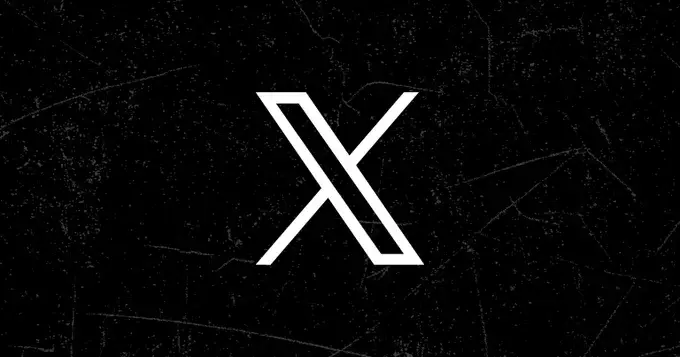In a recent turn of events, the European Commission has determined that the social media platform X, formerly known as Twitter, does not qualify as a “gatekeeper” under the EU Digital Markets Act (DMA). This classification is crucial as it would have subjected X to stricter operational guidelines aimed at fostering fair competition within the tech industry. This ruling has been met with varied interpretations, sparking discussion about the implications it holds for both X and the broader digital marketplace.
The DMA aims to ensure that significant tech platforms allow interoperability and provide transparency in data usage and advertising. These regulations are designed to prevent tech giants from monopolizing the market and stifling competition from smaller companies. However, the European Commission’s assessment found that X does not hold the necessary significance in the market to be labeled as a gatekeeper. This decision is not merely a regulatory victory for Elon Musk and his team; it also raises questions about the current and future relevance of the platform in the European digital landscape.
With the EU’s criteria being grounded in substantial market impact, user access, and entrenched market position, the decline in X’s active user base—down to 105 million monthly active users in Europe and diminishing by approximately 12 million since August 2023—certainly plays a role in this evaluation. In comparison, competitors like Meta and TikTok maintain significantly higher user engagement, with reported figures of 250 million and 142 million, respectively. As such, the EU’s decision can reflect a wider recognition that X is losing its position as a key player in the European market.
Despite the regulatory implications, Elon Musk’s camp has framed this ruling as a triumph for innovation and free speech. Musk has made a career out of challenging what he describes as bureaucratic overreach; thus, he interprets the ruling as an affirmation of his philosophy. However, claiming victory in this context might be more of a philosophical stance than a factual one. The absence of gatekeeper status may indeed relieve X of some burdensome regulations, but it also underscores a declining influence, a narrative that seems counterproductive to the platform’s growth.
The irony in Musk’s argument lies in the realization that the less regulation X is subject to, the less impactful it appears in the competitive landscape. It raises the question of how one can tout ‘innovation’ while underlining a pivotal distinction that hinges on dwindling relevance. The political overtones of Musk’s narrative may overshadow the sobering reality presented by this ruling.
From a strategic viewpoint, the ruling by the European Commission also provides insight into where the power lies in today’s digital marketplace. The reliance on substantial user engagement as a metric for competition creates clear expectations for major platforms. While X might possess a loyal user base, it pales in comparison to adversaries that dominate both user engagement and advertising revenue across Europe.
In a fast-evolving digital landscape characterized by relentless competition, the market dynamics are undoubtedly shifting. As platforms like Meta and TikTok rapidly develop and adapt, the stagnation or decline of X could portend challenges in recapturing lost user interest. The recent EU findings may serve not only as a reflection of X’s current standing but also as a warning that without effective strategy and innovation, it risks sliding further into irrelevance.
Ultimately, the European Commission’s decision sends a cautionary message about the risks of complacency in an ever-changing digital world. While Elon Musk’s portrayal of the ruling as a victory resonates with some of his supporters, it must not obscure the stark reality facing X. The platform’s waning influence may have far-reaching implications—not only for its operational capacity but also for its ability to foster a thriving, competitive environment. In this intricate landscape, the metrics of success might need to be redefined; relevance and influence may prove as significant as innovation and regulatory ease.


Leave a Reply